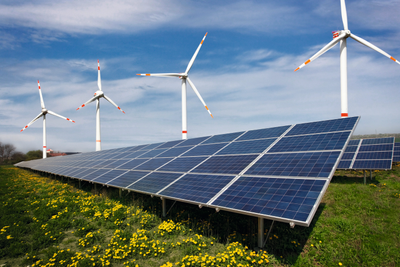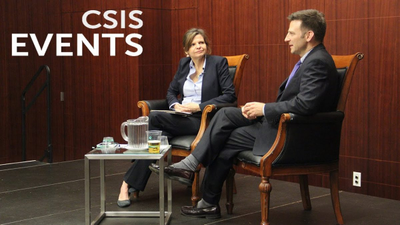If we were to try to repair the lost public trust in our political system, you may think that climate change and energy seem the most unlikely place to start. How do we get past carbon price scare campaigns of “$100 lamb roasts”, city and industry “wipe outs”, that “broken” carbon tax promise and the constant government policy changes. Surely this is the last place to start?
Yet, unbeknown to those still wanting to relive the wind solar renewable energy party he scare campaign heydays of 2011-12, there is mounting evidence that Australian community has largely moved on.

The Climate Institute has been conducting national attitudinal research on this issue since 2007, charting the views of Australians about matters relating to climate change and energy policy, through the ups and downs of changing weather patterns, related natural disasters and the waxing and waning of the political landscape.
Indeed, our research shows support for political leadership on climate change has rebounded to be as strong as it has been since 2008 when, you might remember, there was bipartisan support for key policies like emissions trading.
This year we began our research against an ominous backdrop – two weeks of often oversimplistic sloganeering about an electricity “crisis” in South Australia – in which the resultant price spike was being blamed on the state’s surging renewable energy and the closure of its coal-fired power stations. (Of course, this was neither the full nor the real story.)
Yet our research has shown this “crisis” didn’t actually have a negative effect on the continued growth in enthusiasm for renewable energy.
In fact, public support for renewable energy (wind and mainly solar) has continued to grow at the expense of coal and gas. While the real discovery is that so too has Australians’ frustration with our politicians for not supporting it more. This has translated into widespread disappointment with the performance of all levels of government, as well as with business.
And after a turbulent 10 years in national policy, Australians strongly hold the view that government at the national level should hold the lead responsibility for climate action. This view is held quite consistently across the political spectrum of voting preference. Only a handful of people say governments – federal, state or local – should not take action.
Through our research, and that of others, we have identified that mid-2012 marked the low point in support for climate action. Since that point – when it became clear the dire warnings that the carbon pricing mechanism, or “tax”, would deliver darkness and destruction didn’t eventuate – expectations have been rebounding. Even the repeal of the carbon laws, two years later, didn’t halt this trend.
We can identify a number of elements that buttress this rebound. A growing realisation that we are already being hit by the impacts of climate change has been accompanied by growing trust in the science – from a minority in 2012 to a strong majority now. And the myth that Australia was somehow acting alone has now been demolished, most notably via the strong Chinese and US climate partnership, as well as the success of the Paris climate negotiations.
Perhaps most powerfully, clean energy alternatives are now a very real part of our lives. This goes beyond the global investment reality where we have seen the level of investment in renewable energy double that in fossil fuels. Plunging costs for solar and wind technologies are being matched by the emergence of other more tangible technologies that people can directly interact with in their everyday lives – electric cars and household batteries. Australians can see the clean energy future and they want to be part of it.
Read more: The Guardian
Photo Source: The Renewable Energy Party, Australia- Support for renewable energy up, trust in political action down



